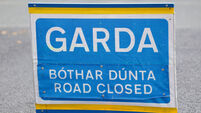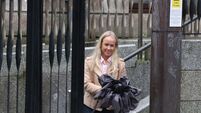Banking lessons - We must not repeat same mistakes
Revenue at the bank was just 2% below the record level in 2007, but total compensation and benefits were 20% – or $4bn – lower than two years earlier. Yet that payout for 2009 amounted to only 35%, which was the lowest since it became a public company.
The company took $10bn from the US Treasury at the height of the banking crisis, but it has paid that back along with an extra $1.4bn.













